In the wake of the Boston bombings, some have speculated whether cooperation on counter-terrorism could put the U.S.-Russian relationship back on a more stable footing at a particular tense moment in bilateral relations. This will not be an easy task, even if both President Putin and President Obama are willing to try.
When Vladimir Putin became Russian president in the 2000s, coordination on anti-terrorism efforts was his central idea for Russian-U.S. cooperation. Chechnya was an integral element for Putin. Even before the events of September 11, 2001, Putin repeatedly warned the United States of the connection between Russia’s Chechen insurgency and international terrorism. Now, 12 years later, when terrorists of Chechen ethnicity have struck the United States itself, that connection appears to have been made for him.
On Tuesday April 16, right after the Boston bombings, Putin was quick to extend his condolences to Obama and to try to revitalize Russian-U.S. cooperation on counter-terrorism. In fact, Putin’s message to Obama in response to the Boston bombings is almost identical to his message to President Bush after the 9/11 attacks, when Russia extended similar offers of intelligence-sharing in Afghanistan.
The first question the U.S. intelligence services asked after word of the bombs was: did we pick up any “chatter” from al-Qaeda and other terrorist groups that would hint at this? Now we’re asking, did the Russian FSB (the successor to the KGB) pick up chatter from Chechen groups or other extremist networks in Russia, especially given the FSB’s already-established interest in Tamerlan Tsarnaev, the older of the two brothers involved in the Boston bombings?
The Brookings Institution is committed to quality, independence, and impact.
We are supported by a diverse array of funders. In line with our values and policies, each Brookings publication represents the sole views of its author(s).
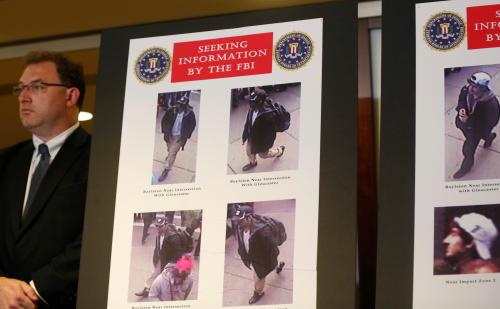
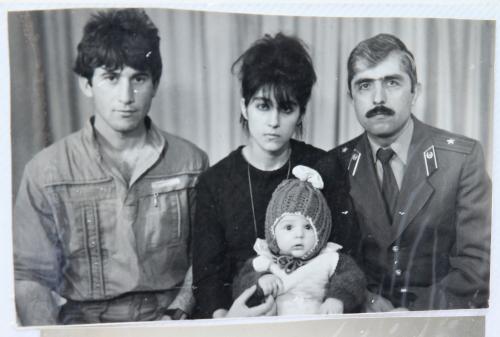
![U.S. President George W. Bush rides with Russian President Vladimir Putin in the front of his pickup truck as he welcomes Putin to his ranch in Crawford, Texas November 14, 2001. [Bush plans to treat Putin to Western-style entertainment and tour of his beloved ranch, as well as follow up on their talks in Washington on Tuesday on a new strategic relationship. ] Win McNamee / Reuters.](https://www.brookings.edu/wp-content/uploads/2021/09/PutinBush_001.jpg?quality=75&w=500)
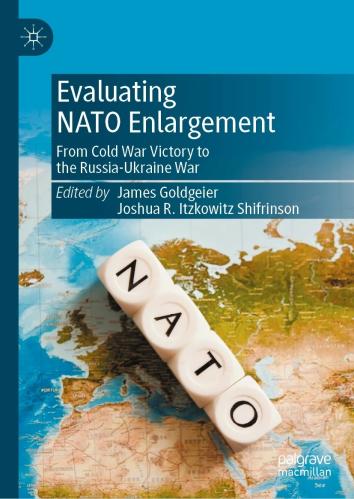
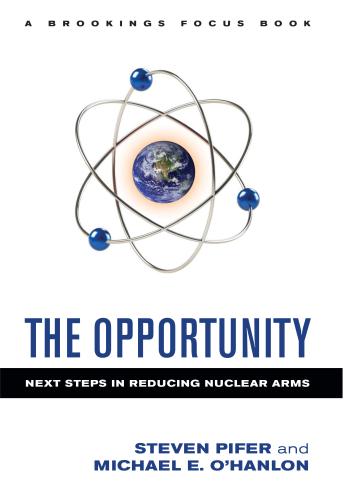
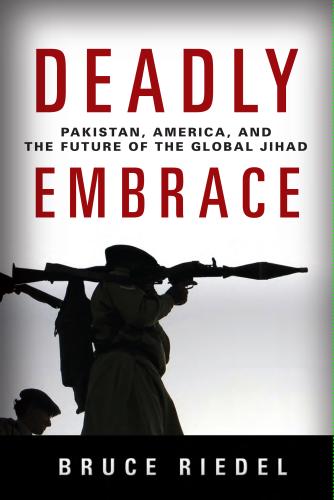



Commentary
Op-edThe Limits of U.S. Cooperation with Russia
April 22, 2013